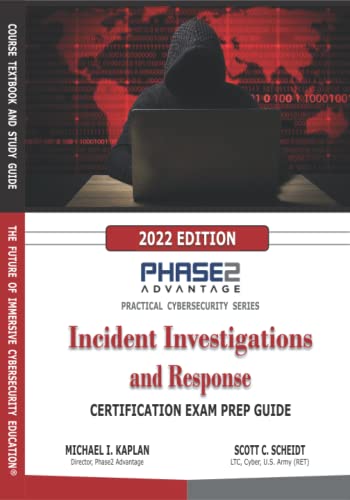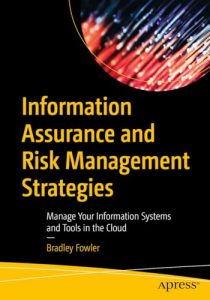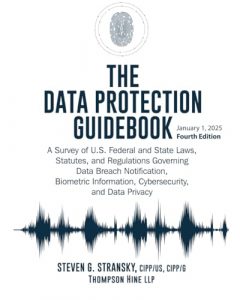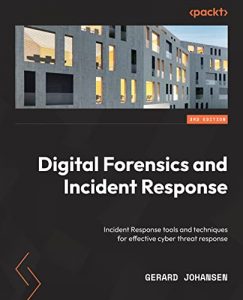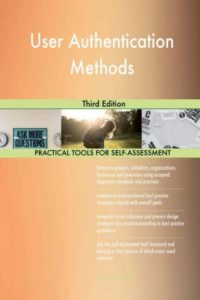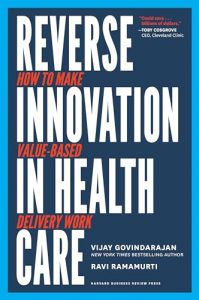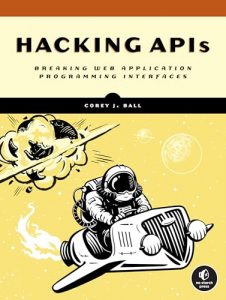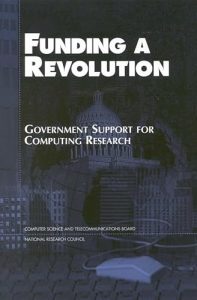Essential Reads for Incident Response Professionals
In today’s digital era, the significance of incident response cannot be overstated. Whether you are a seasoned professional or just starting in cybersecurity, a well-rounded library can greatly enhance your skill set. Here are ten must-read books that every incident response specialist should consider.
1. Incident Investigations and Response
Authored by Kaplan, Michael I., Lang, Brett P., and Scheidt, Scott C., “Incident Investigations and Response” is an indispensable resource that delves into comprehensive procedures for handling incidents effectively. This book provides invaluable insights into investigation techniques, ensuring you can identify the root causes of incidents and implement strategies to prevent future occurrences. With a clear focus on real-world applications, this book equips professionals with the knowledge needed to enhance their incident response capabilities. If you’re serious about becoming a better incident responder, this book is a must-have in your library.
2. Hacker Techniques, Tools, and Incident Response
Sean-Philip Oriyano’s book is an all-in-one guide for understanding the intricacies of cybersecurity threats. This book emphasizes the pioneering techniques hackers employ, which is critical for anyone involved in incident response. With a hands-on approach, Oriyano details essential tools and methodologies to counteract these threats, rounding out your skillset as an incident response expert. The author’s experience shines through, making it relatable and educational for both novices and veterans alike. With all this knowledge at your fingertips, you can elevate your incident response strategy.
3. Hunting Cyber Criminals: A Hacker’s Guide to Online Intelligence Gathering Tools and Techniques
In “Hunting Cyber Criminals,” Vinny Troia provides a fascinating exploration into the darker corners of the web where cybercriminals operate. This book is essential for anyone who wants to enhance their skills in gathering intelligence and identifying potential threats. Troia outlines various strategies and tools that will aid you in tracing malicious activities, giving you a superior edge in incident response scenarios. With practical examples and actionable advice, this book helps bridge the gap between theory and practice, making it a valuable addition to your library.
4. Network Intrusion Analysis: Methodologies, Tools, and Techniques for Incident Analysis and Response
Joe Fichera and Steven Bolt’s “Network Intrusion Analysis” is crucial for understanding how to investigate and respond to network breaches. The authors offer a meticulous breakdown of methodologies that can be employed during network incident analyses. This book not only covers theoretical foundations but also practical tools, which will greatly benefit incident responders looking to implement solid methodologies in real environments. By connecting the dots between analysis and response, it ultimately strengthens the entire incident management process.
5. Incident Response Logbook
Christopher Adamson’s “Incident Response Logbook” offers an innovative method for documenting incident responses in a structured manner. This practical book helps incident responders keep track of all essential details, supporting better decision-making during the chaos of an incident. An effectively maintained logbook can streamline the investigative process and provide valuable insights for future responses. With this tool in your arsenal, your incident documentation will be more actionable and comprehensive, proving vital for incident analysis.
6. NIMS Incident Command System Field Guide 3rd Edition
Michael Ward’s NIMS guide serves as a fundamental reference for understanding the Incident Command System (ICS). It is tailored for professionals who must navigate complex emergency situations while coordinating with multiple agencies. This guide emphasizes a clear, structured approach to managing incidents, further refining your incident response protocols. Its practical layout provides readers with quick access to vital information, ensuring you stay informed and ready to lead in high-pressure situations.
7. Incident Response: Computer Forensics Toolkit
Douglas Schweitzer’s “Incident Response: Computer Forensics Toolkit” provides robust methodologies that are essential for conducting forensic investigations. This book tackles the complexities of digital forensics and helps professionals understand how to collect, preserve, and analyze data in the wake of an incident. With integrated guidance on forensics tools and procedures, it allows incident responders to develop a structured approach to evidence handling. By understanding these principles, you can significantly enhance the effectiveness of your incident response efforts.
8. Malware Analyst’s Cookbook and DVD: Tools and Techniques for Fighting Malicious Code
The “Malware Analyst’s Cookbook” offers detailed recipes for tackling malware analysis. Co-authored by Ligh, Michael, Adair, Steven, Hartstein, Blake, and Richard, Matthew, this book is a comprehensive guide to various tools and techniques used in the field of malware analysis. It covers everything from malware detection to reverse engineering, giving you a wide array of practices to choose from. For anyone involved in incident response, the ability to analyze malware is invaluable, making this cookbook a crucial addition to your reading list.
9. The Weight of the Badge: Critical Incident Response for Law Enforcement
W. Travis Tennill’s “The Weight of the Badge” is an essential read for law enforcement professionals tackling critical incidents. This insightful guide discusses various aspects of incident response within the context of law enforcement, emphasizing the nuances of managing crises. Tennill’s approach blends personal anecdotes with evidence-based practices, providing a relatable and educational experience. It’s a motivating and informative resource for those working in high-stakes environments.
10. Principles of Incident Response and Disaster Recovery
“Principles of Incident Response and Disaster Recovery” by Michael E. Whitman, Herbert J. Mattord, and Andrew Green is a comprehensive analysis of the principles underpinning effective incident response strategies. Through this text, you’ll gain a deep understanding of disaster recovery and crisis management theories, paving the way for better decision-making in real-life incidents. The authors provide structured, systematic approaches to incident response, making sure that you will be able to apply these principles in a variety of scenarios.
Whether you’re looking to deepen your knowledge, refine your skills, or stay informed about the latest trends in incident response and cybersecurity, these books round out an essential reading list. Arm yourself with the knowledge to effectively handle incidents and protect data in today’s ever-evolving cyber landscape.

